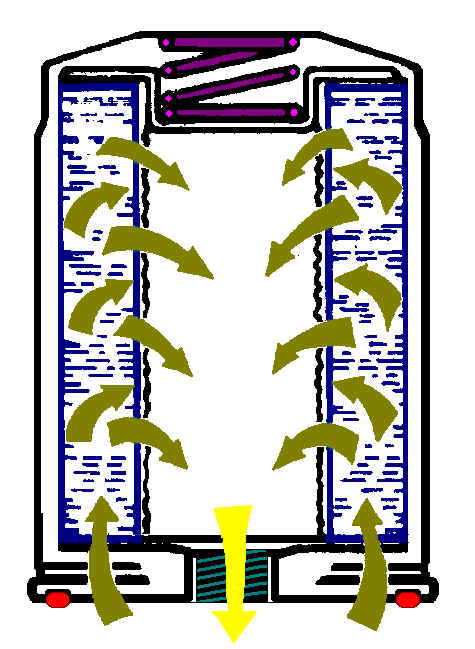megaboz
Platinum Member
Z71 said:New oil is filtered when you fire the engine which should be sufficient. All oil in the engine travels thru the oil filter before it reaches any engine parts.
I'll have to call you on that one. The fact that you pour into the top of the engine, you already contaminated the engine.
Also I believe that only a portion of the oil is actually filtered at a time. And if the flow isn't fast enough some oil bypasses the filter and goes straight through to the engine.
Also some additives in certain oils don't completely dissolve buy rather are suspended. Like moly, some racing oils, like Joe Gibbs, use a moly that is suspended in the oil.

